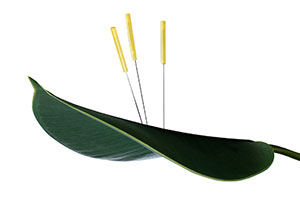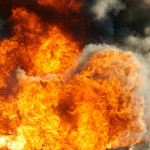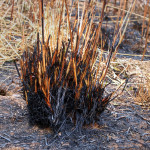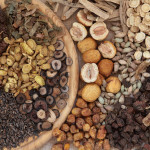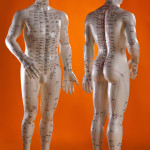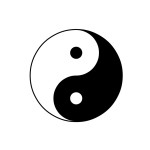Why am I Damp, Hot and Moist? A brief TCM backgrounder
Just before you start reading about a few of the products available that can help your condition, it is worthwhile reading this preliminary briefing that explains some of the terms you are likely to encounter in the product descriptions such as: ying, yang, heat, damp, cold and wind to name but a few.
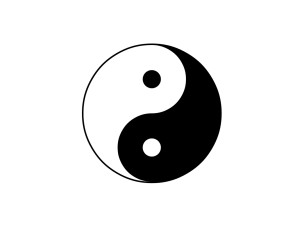 These terms are typically used in TCM to describe the individual's overall energy status and the nature of the condition being examined. One underlying concept that you may have heard of is the philosophy of Yin and Yang. This is based on the idea that the only constant factor in nature is universal change and that absolutely nothing remains the same. When you apply this idea to your health, both physical and emotional, this would mean that no condition, illness, emotion, treatment nor diagnosis is fixed. Yin and Yang are complementary opposites that are enmeshed in each other, alternating and influencing one another; they are not static but dynamic – in a constant state of flux.
These terms are typically used in TCM to describe the individual's overall energy status and the nature of the condition being examined. One underlying concept that you may have heard of is the philosophy of Yin and Yang. This is based on the idea that the only constant factor in nature is universal change and that absolutely nothing remains the same. When you apply this idea to your health, both physical and emotional, this would mean that no condition, illness, emotion, treatment nor diagnosis is fixed. Yin and Yang are complementary opposites that are enmeshed in each other, alternating and influencing one another; they are not static but dynamic – in a constant state of flux.
At one time, Yin and Yang represented the moon and the sun, respectively and gradually, they embraced night and day, winter and summer, female and male. Yin is perceived as a form that maintains and endures; it nourishes and supports growth and development moving ever inward. It has properties of coldness and dampness/moisture belonging to Autumn and being of the Earth. Yang, meanwhile, is heat and warmth, dryness belonging to Spring and Summer and being of Heaven.
With respect to our bodies and their function, like breathing, Yang is the expansion as we inhale and Yin the emptiness as we exhale. Similarly, the Yin substance in food is transformed by the metabolic activity of Yang. This transformed substance is converted to Yang, Qi energy, and Yin blood. When Yang is weak, in terms of health and disease, the body cannot prevent infection. If Yin is weak and the body is insufficiently nourished to support Yang, again, the body suffers (see Health and the TCM triad).
The acute stage of a disease when it develops rapidly, is the Yang stage. This is when the disease is thought to affect the surface or superficial levels of the body. Having gained hold and progressed deeper into the body's interior, the disease has developed, become chronic and entered the Yin stage. In addition to these two aspects of stage, the disease or condition can be classified by its effects. Yang symptoms are extreme and severe while Yin symptoms are mild, diffuse and accompanied by weakness.
- Yin diagnosis: Internal, cold, deficient and chronic
- Yang diagnosis: External, hot, excess and acute
Diagnoses are rarely that simple and conflicting signs suggest that a more complex condition prevails. It is apparent that if Yin is deficient then Yang becomes deficient and vice versa. In poor health, Yin and Yang are not balanced and this imbalance is targeted by the TCM specialist endeavoring to restore and maintain good health and defence against disease. The TCM practitioner evaluates the individual and all symptoms before developing an appropriate treatment strategy.
